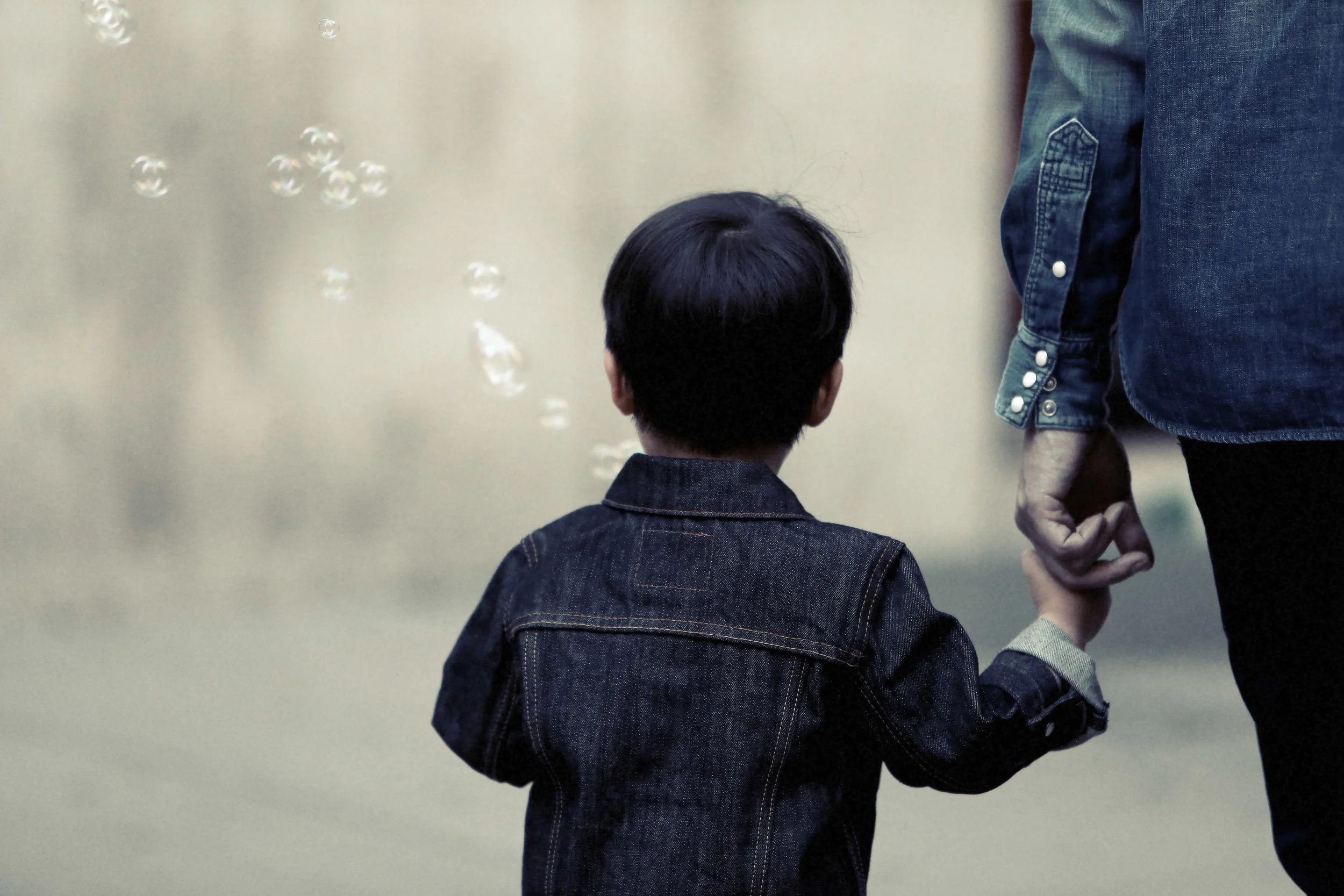Occupational Therapy for Children
Occupational therapy for children focuses on the “jobs” that children are expected to complete, including play, school activities, self-care, feeding, and social engagement. Fun and engaging motor activities are used to improve regulation of emotions and activity levels through relationship-based interventions. Areas of focus initially include engagement and relationship that, in turn, provide a safe environment for children to develop social and motor skills, as well as improve self-regulation. Parents' participation is an essential component of therapy, as they identify priorities for setting goals to improve functioning and facilitate the generalization of skills to natural environments.
Music Therapy for Children
The American Music Therapy Association defines music therapy as the clinical and evidenced-based us of music interventions to accomplish individualized goals within a therapeutic relationship by a credentialed professional who has completed an approved music therapy program.
Music therapy is used with children to provide highly motivating musical activities to address non-musical goals. Goal areas include, but are not limited to, motor skills, self-regulation, communication, and academic skills. As with occupational therapy, social engagement is addressed initially, to build relationships that foster learning. Parents' participation is an essential component of therapy, as they identify priorities for setting goals to improve functioning and facilitate the generalization of skills to natural environments.
Adaptive music lessons are also a component of music therapy. Music therapists often offer individualized, one on one instruction in voice, piano, guitar, drums/percussion, and other instruments, using alternative methods to maximize success.

